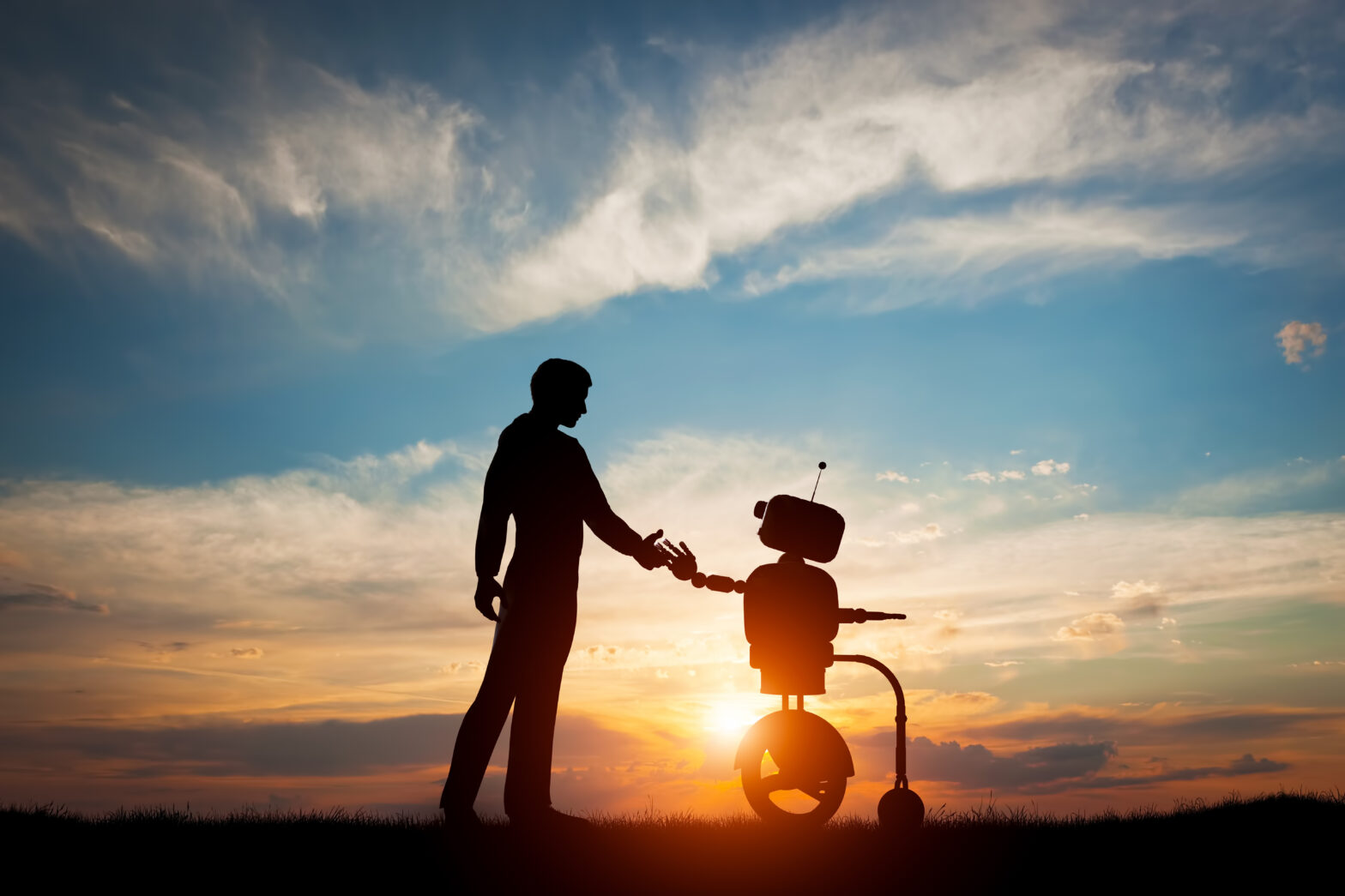A 2013 study by Oxford University researchers Carl Benedikt Frey and Michael A. Osborne has estimated that 47% of jobs in the US could be replaced by machines in the next 20 years.
Many people feel uneasy about the idea of robots or machines taking over jobs that are currently occupied by humans but the development of artificial intelligence (AI) is accelerating at a rapid rate.
Consequently, so is the automation of the workforce.
As of yet, nobody knows what the result will be, however, it is certain that the move towards automation will create a lot of disruption.
Daniel Susskind, lecturer at Oxford University and author of The Future of Professions, recently told Quartz “it’s hard to escape the conclusion that there will be less for people to do.”
>See also: Automation and AI: a a new frontier of the human-machine partnership
He went on to say, “If machines and systems take on more and more tasks, as we see them doing, then it begs the question: what will be left for people?”
Latest trends in automation combined with digitisation can provide a great recipe to enterprises to quench their continuous struggle to do ‘more for less’ and to improve the customer experience multifold.
The beginnings of automation
Smart robots that can coordinate with each other as well as respond with the agility of a human have already replaced human factory workers.
Meanwhile the development of autonomous vehicles will soon make the jobs of many truck and cab drivers totally redundant.
Even fast food workers may be at risk. San Francisco-based Momentum Machines has designed a robot that can make and flip a gourmet hamburger in just 10 seconds.
One job many people will be nervous about having replaced is that all-important receptionist position.
Self-driving cars and trucks are one thing but a robot receptionist takes things to a whole new level.
Singapore’s Nanyang Technological University has recently employed Nadine who is friendly, always smiling and remembers anyone she has previously greeted. She is also a robot.
>See also: AI and automation will be far more significant than Brexit
In some cases, robots will bring a welcome end to trivial tasks. Daniel Susskind and his father, Richard Susskind, UK government advisor and visiting professor at Oxford Internet Institute, suggest that in the near future, artificial intelligence will simply accelerate the efficiency of professions.
However, following that, robots will also begin to infiltrate the positions of doctors, lawyers and teachers.
Susskind states, “Teachers don’t want to spend all their time marking, and these systems can free doctors up to spend more time with their patients.”
A battle of intellect
There are many of us who consider ourselves intellectually superior to machines.
However, even some of the most mentally demanding professions could be divided into distinct pieces, made routine, and then outsourced to computers.
Martin Ford, author of Rise of the Robots: Technology and the Threat of a Jobless Future, recently informed Wired, “Today’s technology is different than what we’ve seen in the past. The technology is taking on cognitive tasks. We now have machines and algorithms that can, at least in a limited sense, think.”
As well as the professions mentioned above, people can even expect robot journalists to show up in the near future.
>See also: The role of automation and AI in transforming today’s businesses
Narrative Science, based in Chicago, already offers software that can write company reports ahead of earning announcements, as well as basic news stories based on financial data.
The chief scientist at Narrative Science has predicted that in 15 years-time 90% of news will be written by algorithms.
AI will displace not replace
It is not all bad news though. It is possible that the robot revolution will also bring good news.
In their book The Second Machine Age: Work, Progress, and Prosperity in a Time of Brilliant Technologies, Massachusetts Institute of Technology professors Erik Brynjolfsson and Andrew McAfee, write that artificial intelligence will displace, but not replace, workers.
The authors note that, historically, new technologies have increased demand for products and services, creating new types of jobs.
Less labour can produce more goods and services at a lower price, expanding the potential customer base and potentially stoking demand.
A study carried out by Deloitte in 2015 echoed Brynjolfsson and McAfee’s findings.
It found that easy access to information and improved communications tools have revolutionised knowledge-based industries, while rising incomes have increased demand for professional services.
>See also: AI can transform the medicinal industry
These shifts have provided people with more money to spend on leisure, whilst also creating new jobs along the way.
For example, the study highlights that bar staff jobs have quadrupled in the UK since the 1950s.
Man and machine
As a result, artificial intelligence techniques will bring in huge workplace efficiencies where algorithms can tame the knowledge and data, leading to a reduced repetitive work and improved actionable intelligence.
However, adoption of these automation techniques require organisations to invest rapidly in re-training and upskilling the workforce, to create an environment where man and machine can work together to improve the business efficiency.
A smile and a wave
Those who visit Nanyang University are greeted with a cheerful wave by Nadine in reception.
Contrary to what some may think, these visitors are not necessarily seeing a sign of a robot invasion.
>See also: The legal sector: a CIO and AI love affair?
Rather, Nadine is there, under the control of her human masters, to take care of menial tasks. Ultimately, to free up organic brainpower to concentrate on more difficult problems.
Nevertheless, Nadine’s cheerful greeting is not meaningless. Rather, it is the sign of a new professional landscape.
Sourced by George Mundassery, senior vice president and global head, at Tech Mahindra










